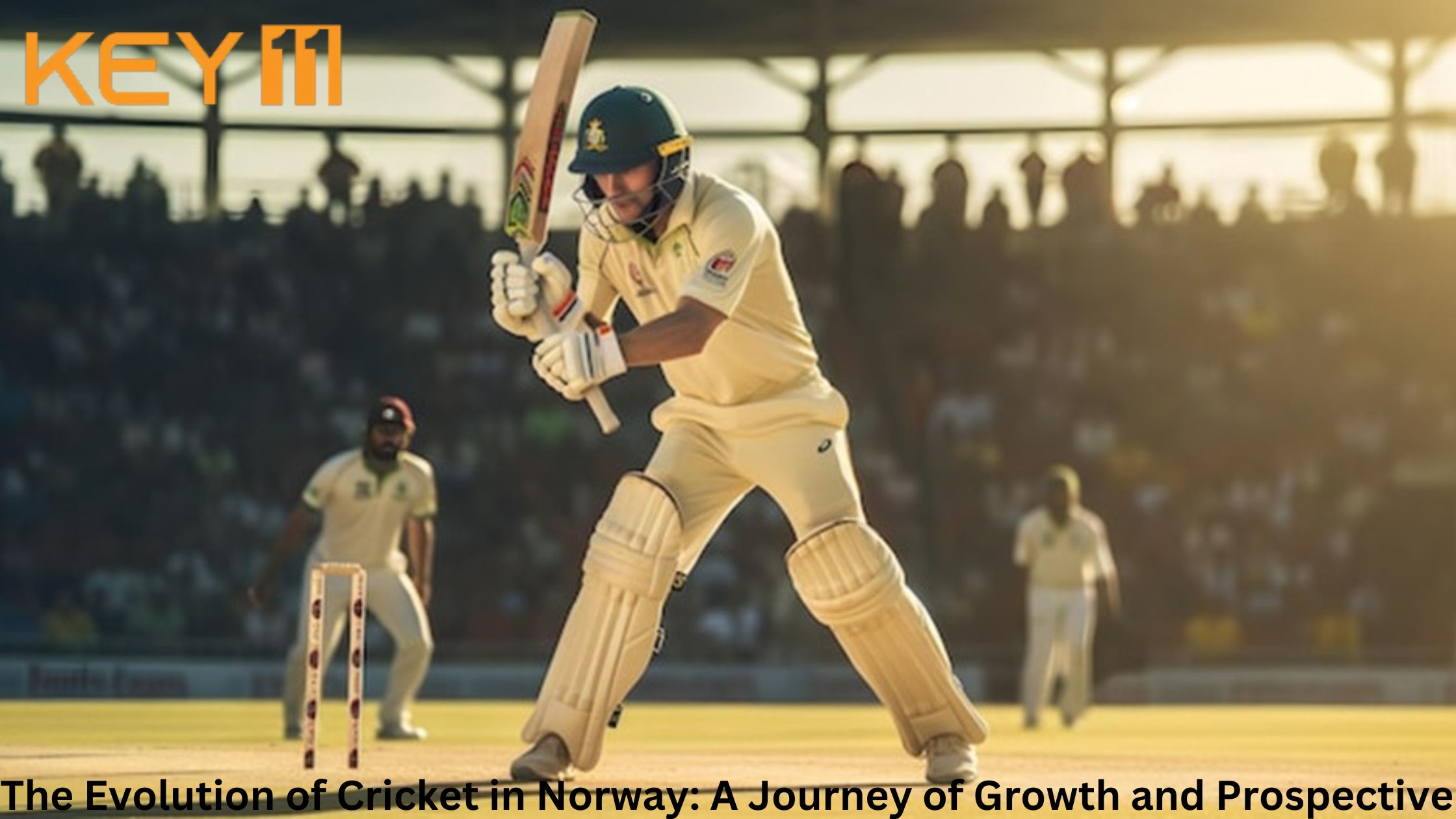Cricket over the years has slowly been growing in Norway and this was mostly enhanced by the expatriate Pakistanis, Indians, and Sri Lankans living the country. Cricket here is regulated by the Norwegian Cricket Board (NCB) which was formed in the year 1994. Norway joined the ICC as an associate member in 2007 but is currently only an affiliate member.
The team started playing in the European Cricket Council (ECC) competitions and ICC Europe claiming higher levels of playing abilities. Although the Norwegians are new to the scene in international cricket, they are known to have performed fairly well in several regional leagues.
Key Players in Norway Cricket
There are prominent personalities that have been associated with Norway cricket. Some notable figures include.

-
Raza Iqbal:
A top-order batsman, and often he leads the Norwegian team, Iqbal has been very effective for this team. Two things are, his experience and leadership have been a towering factor in the general formulation of the team.
-
Ali Sufyan Saleem:
Batting and bowling wizard Saleem has been a real asset to his team and has excelled in almost all departments of the game. Thanks to this, he proves to be a very flexible player which can only benefit the team.
-
Wakar Shah:
In the capacity as a bowler, Shah has been useful particularly due to the fact that he has contributed towards getting important wickets. This meant that he was able to move the ball both in the air and on the ground while at the same time being able to keep his line very well, something which has of late caused many batsmen to fall.
-
Vinay Ravi:
Ravi has been an equally important bowler and his pace along with accuracy has helped in containing the scoring rate of the opponents and also picking wickets at regular intervals.

Achievements and Milestones
The Norway national cricket team has reached a number of significant milestones over the years, demonstrating its development and promise.
-
ICC European Division 3 Championship:
The said tournament was instrumental in putting Norway to the next level of competitiveness. Their performances obviously proved that they were capable of challenging some of the more senior teams.
-
T20 International Status:
On 2018, ICC awarded T20 International to all countries in ICC, and thus Norway is included. This status gave Norway the chance to perform official T20I’s, it put them in a position to be able to play internationally and show the world what they are capable of.
-
Nordic Cup:
It has also played in the Nordic Cup which is usually between four different countries including Denmark, Sweden, and Finland. It has also helped in establishing cricking relations and has ensured that Norway gets competitive fixtures more frequently.
How Does the Norway Cricket Team’s Future Prospect Looks Like?
The future looks promising for Norwegian cricket, owing to several factors. Here’s why.
-
Growing Interest and Participation:
Cricket is on the rise in the list of most popular sports in Norway and increasing number of youngsters are getting engaged in it. This trend, in the long run, will have the potential of developing a deeper pool of talent from which the national team can be nurtured.
-
Infrastructure Development:
Cricketing improvement especially in the areas of training facilities and grounds has received much attention. All these improvements are expected to assist players to practice and be ready for the international events.
-
Coaching and Support:
There is potential for better coaching and practice sessions from expert teams as well as mastering strategies while playing, that can terminally benefit the Norwegian players. Cricket boards of other countries could be ideal and offer a good learning ground in case of a partnership.
-
Competitive Exposure:
Playing in more of these international games, as well as more friendly games with stronger opposition will afford Norway the kind of experience which will see them competing at higher levels. Competition against quality opposition often is a very important factor in influencing the team’s progress.
-
Government and Sponsorship Support:
The government and other sponsors can offer financial support which is essential of the development of the sport. Such sponsorship can go into training, overseas trips or nurturing of fresh talent all of which aids in the growth of the sport.
Conclusion
We may now safely say that the Norway national cricket team has come a long way since its formation. In the event of the continued offers of support, enhancement of infrastructure in the country to create the right atmosphere, and increase in the pool of talent available in the team, the team has every reason to succeed in the international competitions.
Cricket development in Norway will require commitment and hard work from the players, coaches, and administrators to fulfil the various ambitions seen for the country.





